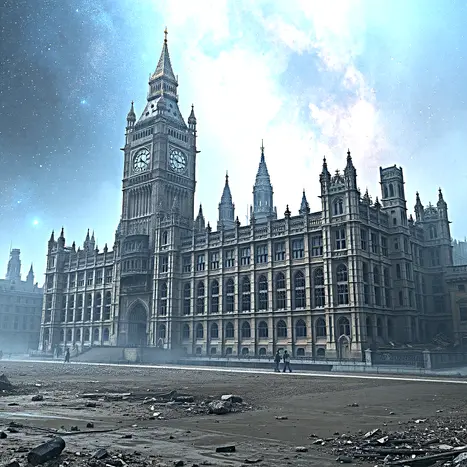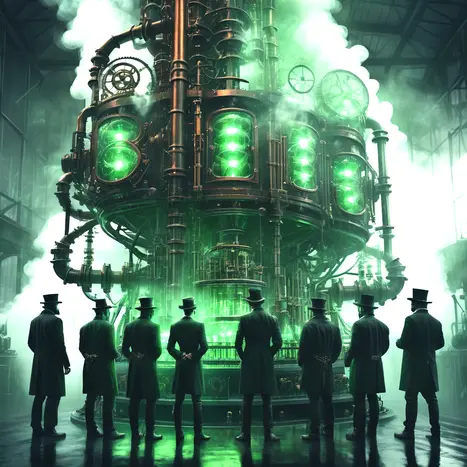
Although mobile phone technology was first developed in the 1940s, it became widely available only in the mid-1980s. The UK’s first mobile phone call was made in 1985 on the newly launched Vodafone network.

Never before in the milestones of government stupidity and self-serving has so much been taken from so many, especially the elderly and the needy, by so few politicians...

I am an avid flight simmer, and the C-130 - Hercules - is one of my favourite aircraft. Sometimes, I fly in the early hours of the morning - It's quiet then and my mind often drifts into reflective mood. It is at special times like that when I remember Radney Foster's incredible Angel Flight...

BlackRock is one of the most influential organisations in the world, and its alarming role in global economics and politics is becoming more apparent. The investment giant is promoting woke politics through corporate social credit scores (ESG), which include the controversial "net zero" initiatives and the "LGBTQ+ agenda." Additionally, BlackRock is accused of manipulating financial systems and controls a significant portion of the world's wealth.

This parable features a tiny insect, like a gnat, and a large animal, such as an ox, camel, horse, or elephant. In some versions, the insect apologises for burdening its host while journeying; in others, it claims to have worked alongside the larger creature as an equal...

The full costs of remote work are indeed becoming more apparent. Initially, working from home seemed like a win-win, offering flexibility and reducing commuting costs. However, several hidden costs and challenges have emerged over time...

In a significant shift towards enhancing workplace attendance, PwC, has announced implementing a monitoring system for its employees. This initiative aims to ensure that employees adhere to the company's new hybrid working model, which requires at least three days in the office each week.

Home and hybrid working models have gained significant traction recently due to the global pandemic. While many employees appreciate these arrangements' flexibility and work-life balance, companies often grapple with several concerns. Let's explore the reasons behind businesses' scepticism towards remote and hybrid work structures.

In recent years, remote work has gained significant traction, particularly accelerated by the global pandemic. While many companies have embraced this shift, examining the negative costs associated with home working is essential. These costs can manifest in various forms, affecting productivity and employee engagement.

In recent years, many companies have faced a significant challenge: returning home workers to the office. A notable shift in employee preferences emerged as the world adapted to remote work during the pandemic. Let's explore the various aspects of this ongoing struggle, examining the reasons for resistance and companies' strategies to encourage a return to the traditional workplace.

Just in - Brain Boost - Flavour Du Jour - Oct 2024. Review ths brain-boosting natural combination that promises to sharpen your focus and fire up your creativity. Curious about the secret ingredients? Read on...

Discover the shocking truth behind the controversial link between the MMR vaccine and autism as courts discreetly confirm the connection.

